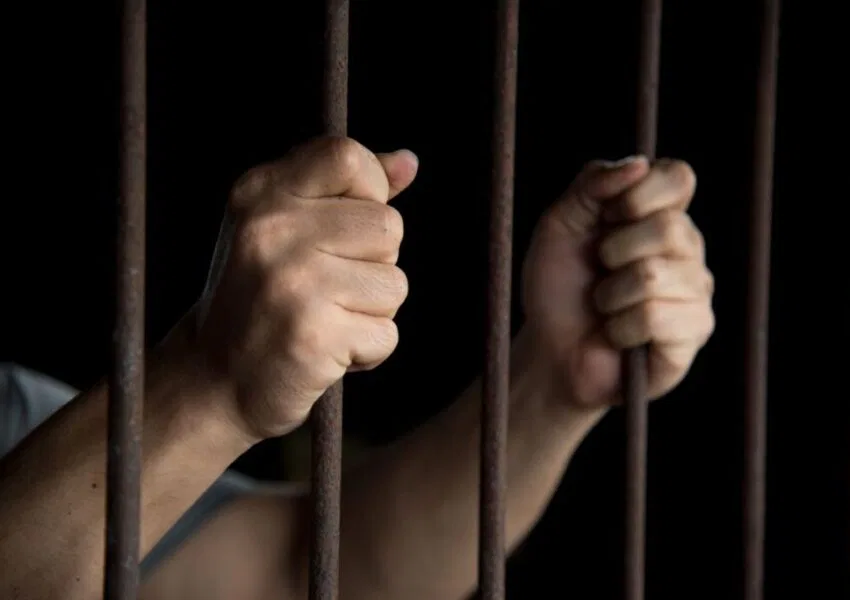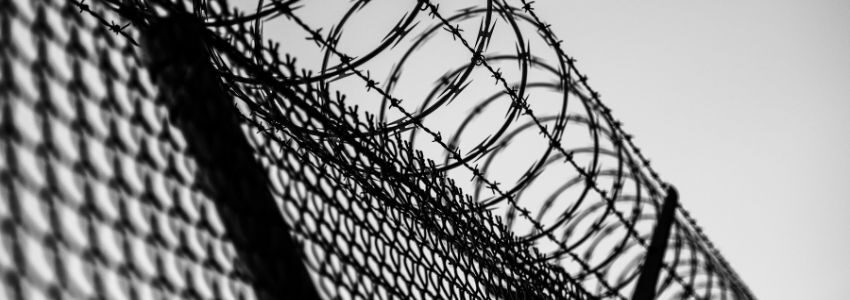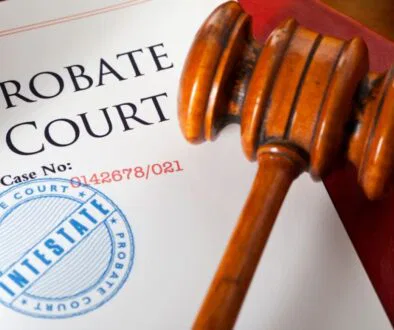What Goes On Inside a Minimum Security Prison

Published June 11, 2024
When we think of prisons, the image that oftn comes to mind is one of high walls, barbed wire, and heavy security. Yet, not all correctional facilities fit this description. One category that proves this right is the minimum security prison. These institutions are designed with a different set of principles and purposes. It focuses more on rehabilitation and reintegration, rather than punishment and confinement.
What Is a Minimum Security Prison?
A minimum-security prison is a correctional facility designed to house inmates who pose the least risk to public safety and are often non-violent offenders.
Life inside a minimum security prison focuses heavily on rehabilitation, education, and preparing inmates for successful reintegration into society.
Types of Minimum Security Prisons
1. Federal Prison Camps (FPCs)
These are stand-alone full minimum security prisons.
2. Satellite Prison Camps (SPCs)
Satellite Prison Camps are fixed adjacent to higher-security institutions. Here, inmates provide services for the central institution.
The most significant difference between the two is their size and the available inmate activities. Federal Prison Camps are completely functional minimum-security federal prisons. As such, they offer detainees more programs and activities than their satellite counterparts.
Who Goes to Federal Prison Camps
1. White collar criminals
These are those convicted of non-violent, financial crimes. Such examples are fraud, embezzlement, or insider trading.
2. Drug offenses
These are those convicted of minor drug offenses. It is particularly for first-time offenders involved in non-violent drug crimes.
3. Short term sentences
Inmates with relatively short sentences may be placed in an FPC, especially if they have a clean disciplinary record.
4. Low-risk inmates
Individuals who have exhibited good behavior during their incarceration.
5. Professionals
Often, FPCs house former professionals like doctors, lawyers, and executives. It is given if they have been convicted of non-violent crimes related to their fields.
6. First-time offenders
Individuals who are first-time offenders with no history of violent behavior or significant prior criminal activity.
7. Rehabilitative needs
Inmates deemed suitable for rehabilitation will likely benefit from educational and vocational programs offered at the camps.
8. Pre-release inmates
Inmates nearing the end of their sentences might be transferred to an FPC to help them transition back into society more smoothly. This can include participation in work-release programs and other pre-release services.
What Is Minimum Security Prison Like
Minimum security prisons typically house inmates in a dormitory-style environment. Violence is nearly unheard of in them.
Only the most at-risk criminals are housed in Federal Prison camps because there usually are no fences or perimeter guards. Freedom of movement is substantial. Inmates have access to the library and recreation. They can walk the track, play basketball, work out in the gym, and more quickly navigate the facility.
Inmates here exercise much greater control over their movements. Visitation is also less cumbersome as prisonerss are rarely subjected to a visual search after comunicating with friends or family.
How Are Minimum Security Prisons Different From Other Prisons
1. Security measures
Minimum security prisoners often have less stringent perimeter security. They may use chain link fences or even no fencing at all. Higher security lockups often have high walls, razor wire, and multiple layers of fencing.
There is also typically less surveillance, with fewer security cameras and guards.
2. Inmate population
Inmates in minimum-security prisons generally pose a low risk to public safety. They usually have good behavior records and are less likely to attempt to escape or cause a disturbance.
3. Living conditions
Instead of individual cells, minimum security lockups often use dormitory-style housing. Multiple inmates usually share a large room.
4. Programs and activities
Minimum security prisons have a stronger fixation on rehabilitation and reintegration into society. Inmates have access to education programs, vocational training, and substance abuse treatment.
5. Freedom of movement
Inmates typically enjoy more freedom of movement within the facility.
6. Staffing
These types of prisons have fewer correctional officers because the inmate population poses a lower risk. There is also often a higher presence of non-security staff, such as educators, counselors, and social workers. They focus on rehabilitation efforts.

ADVERTISEMENT
Frequently Asked Questions About Minimum Security Prison
What is the color of minimum security prisoners?
- Khaki or Tan
- Green
- Blue
- White
Who has the highest lifetime chance of going to prison?
According to various studies, Black men face the highest lifetime risk of incarceration. The Sentencing Project reports that one in three Black men can expect to go to prison at some point in their lives.
What is an isolation cell in prison?
An isolation cell in prison is a specialized unit where prisoners are held separately from the general population. Its purpose is disciplinary action, safety and security, and protective custody. Sometimes, it is also used for medical reasons. One example would be if prisoners have certain contagious diseases or severe mental health issues.
Who are considered as minimum security prisoners?
- Non-violent offenders
- Short sentences
- Low escape risk
- First-time offenders
- Work release programs
- Rehabilitation
Minimum security prisons represent a shift in how society views and handles certain types of offenders. By prioritizing rehabilitation and providing a more humane environment, these institutions aim to lower reoffending rates and help former inmates reintegrate successfully into society.
Reduce Your Jail Call Costs By Up To 90% Per Minute With GlobalTel
GlobalTel’s inmate calling service lowers jail call per minute rates by up to 90% for jail calls from US facilities. Sign up now and use the special jail call phone number we create for you to eliminate the long distance jail call fees. Try GlobalTel for only $45.99 for 90 days. Make US/domestic and international jail calls at the local rate and stay connected to your incarcerated loved ones for less. Learn more about how to sign up for calls from inmates here.

This Content Is Fact Checked
Our esteemed team of specialists has thoroughly validated the accuracy of this information. Discover further details about the rigorous editorial guidelines for our website here.
ADVERTISEMENT

About The Author
I am Tracy Gorman, a seasoned writer with a passion for crafting content on various subjects. I possess the expertise to delve into any niche and deliver exceptional articles.




